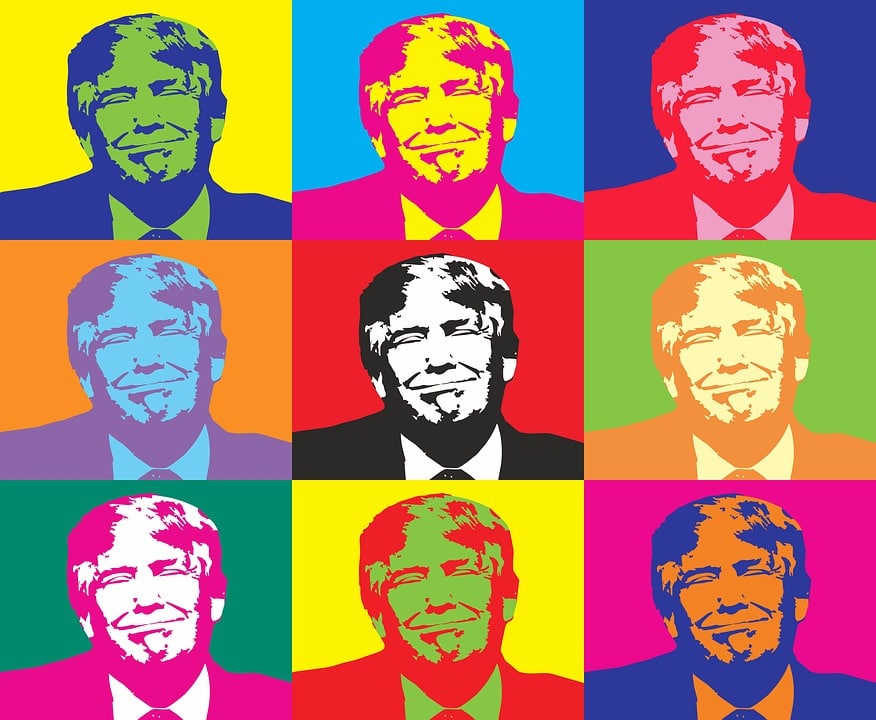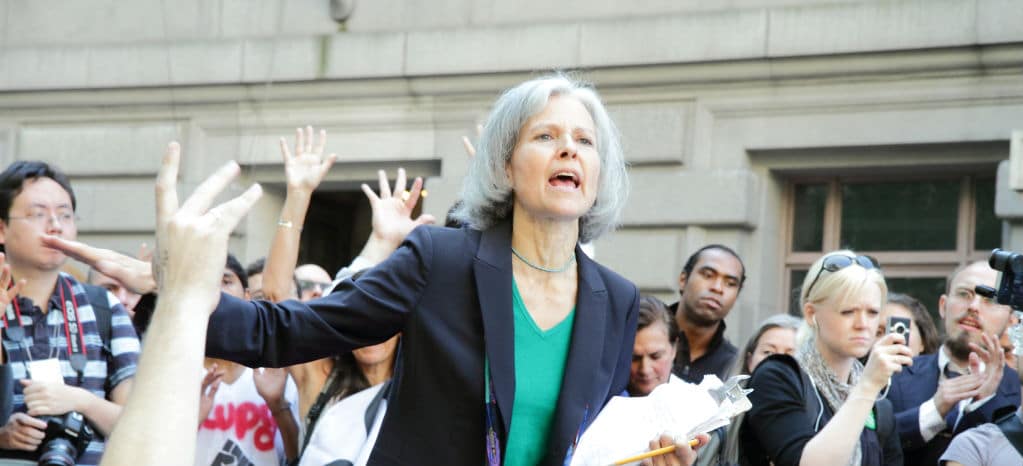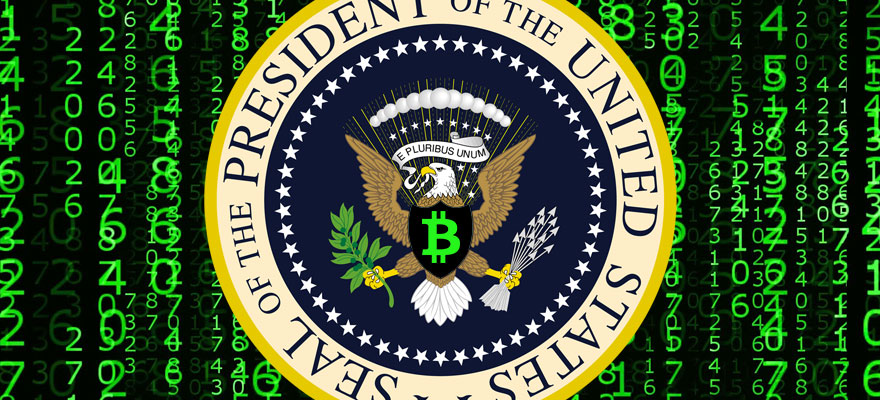This article was written by Richard Gardner, founder and CEO of Modulus Global.
In regular circumstances, you might think that, with a title like this, you’re clearly about to read something from The Onion. Satire, at least. But, no. The presidential debate really did introduce the concept of a 400 pound hacker sitting on his bed. In response to Hillary Clinton’s claim that the Russians were behind the hack of the DNC, Mr. Trump said:
"I mean, it could be Russia, but it could also be China. It could also be lots of other people. It also could be somebody sitting on their bed that weighs 400 pounds, OK?"
The debate was historic in its viewership. We learned a lot about both candidates. Perhaps most notably, we learned that neither candidate has a solid grasp on the cyber, as Mr. Trump calls it. While the rest of us call it Cybersecurity , perhaps one of the greatest threats the financial community faces, Mr. Trump quixotically praised his ten-year-old son’s grasp on computers as proof that he’s going to be tough on cybercrime.
"So we have to get very, very tough on cyber and cyber warfare. It is — it is a huge problem. I have a son. He's 10 years old. He has computers. He is so good with these computers, it's unbelievable. The security aspect of cyber is very, very tough. And maybe it's hardly doable."
But, it wasn’t just Mr. Trump that lacked a detailed response. Secretary Clinton failed to provide any real substance of her own, taking the opportunity to take Mr. Trump and Vladimir Putin to task. The reality is that both provided an ever-so-tiny window into reality. Clinton’s concerns about state actors dabbling in cybercrime are critically important. Indeed, we often think only of the commercial aspects of hacking, but Clinton took a, albeit probably uninformed, hard line on protecting American security.
"We need to make it very clear, whether it’s Russia, China, Iran or anybody else, the United States has much greater capacity," she said, "and we are not going to sit idly by and permit state actors to go after our information, our private-sector information or our public-sector information."
On the other hand, Trump pointed out that the security aspect of cyber is hardly doable, which I suspect means that he believes that full encryption and fail-proof security is a nearly impossible task. If we’re talking about security of autonomous coding, like we saw in the DAO hack, he may not be far off. I also suspect I’m being more than generous to both candidates. And, I suspect, were they to read this, they, too, would know that I’m erring on the side of kindness.
Why? Simple. I don’t expect our presidential candidates to personally be experts in cybersecurity. It would’ve been great for them each to be briefed on the topic. Clearly they weren’t. Instead, Lester Holt should’ve asked the candidates: “Who will you rely on to help form policy on cybersecurity moving forward?” This answer would’ve been one which would’ve given us more substance to judge, even though it eliminates any chance of real substance.


















